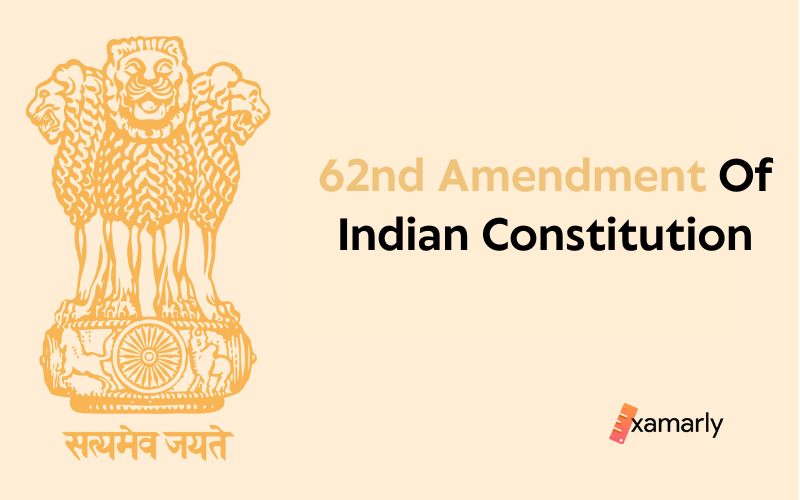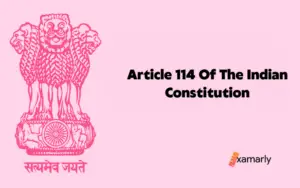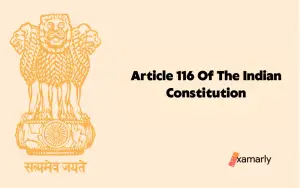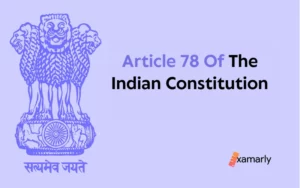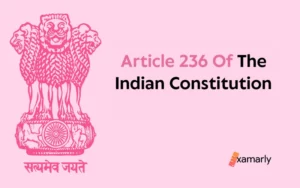The 62nd Amendment Of Indian Constitution brought minor changes. It extended the period of reservation for SCs, STs, and the Anglo-Indian community by ten years.
Background
- In 1882, William Hunter and Jyotirao Phule pioneered the caste-based reservation system. The still-in-use reservation system was developed by Ramsay Macdonald, the British Prime Minister, who presented the “Communal Award” in 1933. Separate electorates were established in the award for Muslims, Sikhs, Indian Christians, Anglo-Indians, Europeans, and Dalits.
- M. K. Gandhi and B. R. Ambedkar signed the “Poona Pact” in 1932 following months of talks, creating a unified Hindu electorate with specific constraints.
- Initially, reservations were exclusively available to members of the Scheduled Castes (SCs) and Scheduled Tribes (STs). Later, Anglo-Indian community members were added to the list for reservation of seats in the Parliament and the state legislature.
Salient Features And Facts
- It amended Article 334 of the Indian constitution to provide an extension of reservation to Scheduled Castes and Scheduled Tribes in the Parliament of India and State legislatures.
- The term of reservations for SCs and Scheduled Tribes was extended for a period of ten years.
- An individual who is an Indian native but whose father or any other male progenitors in the male line are or were of European heritage is referred to as an “Anglo Indian.” It stems from the East India Company’s policy of encouraging native marriages.
- The President is responsible for the reservation of the Anglo-Indian community by nomination.
- Anglo-Indian members are not part of the electoral college responsible for the election of the President as they are nominated not elected.
- Amendment of Articles 334 was done to bring the 62nd CAA into force.
See Also – 105th Amendment Of Indian Constitution
Date Enacted
Central government by the Official Gazette enacted the 62nd amendment of Indian constitution on 25th January 1990.
Statement Of Objects And Reasons
The circumstances that prompted the Constituent Assembly to establish the aforesaid reservation still persist, despite the fact that the Scheduled Castes and Scheduled Tribes have made significant advancements over the past 40 years. An amendment to the Constitution was desired in order to maintain its inclusive aspect as intended by the founding fathers.
Related – Govt for reservation in job promotions for SC, ST people: Ram Vilas Paswan
Prominent People Involved
Ram Vilas Paswan tabled the amendment bill in Parliament.
Important Provisions In 62nd Amendment Of Indian Constitution
- Article 334 was amended to extend the period of reservation of seats for SCs and Scheduled Tribes in the Parliament and the state legislature from forty to fifty years i.e. for a period of ten years till 26th January 2000.
Summing Up
Provisions in favour of SCs, STs, and the Anglo-Indian community have been a debated topic. As of now, reservations for the Anglo-Indian community have been scrapped ( 104th constitutional amendments Act)
Though it is not a comprehensive amendment, thorough research is required on the living conditions, economic and other advancements of SCs and STs before deriving any conclusion regarding the reservation of seats.
FAQ’s
Who introduced it?
Ram Vilas Paswan introduced it in Parliament.
When was it introduced?
It was introduced on 16th December 1989.
When was it enacted?
It was enacted on 25th January 1990.


